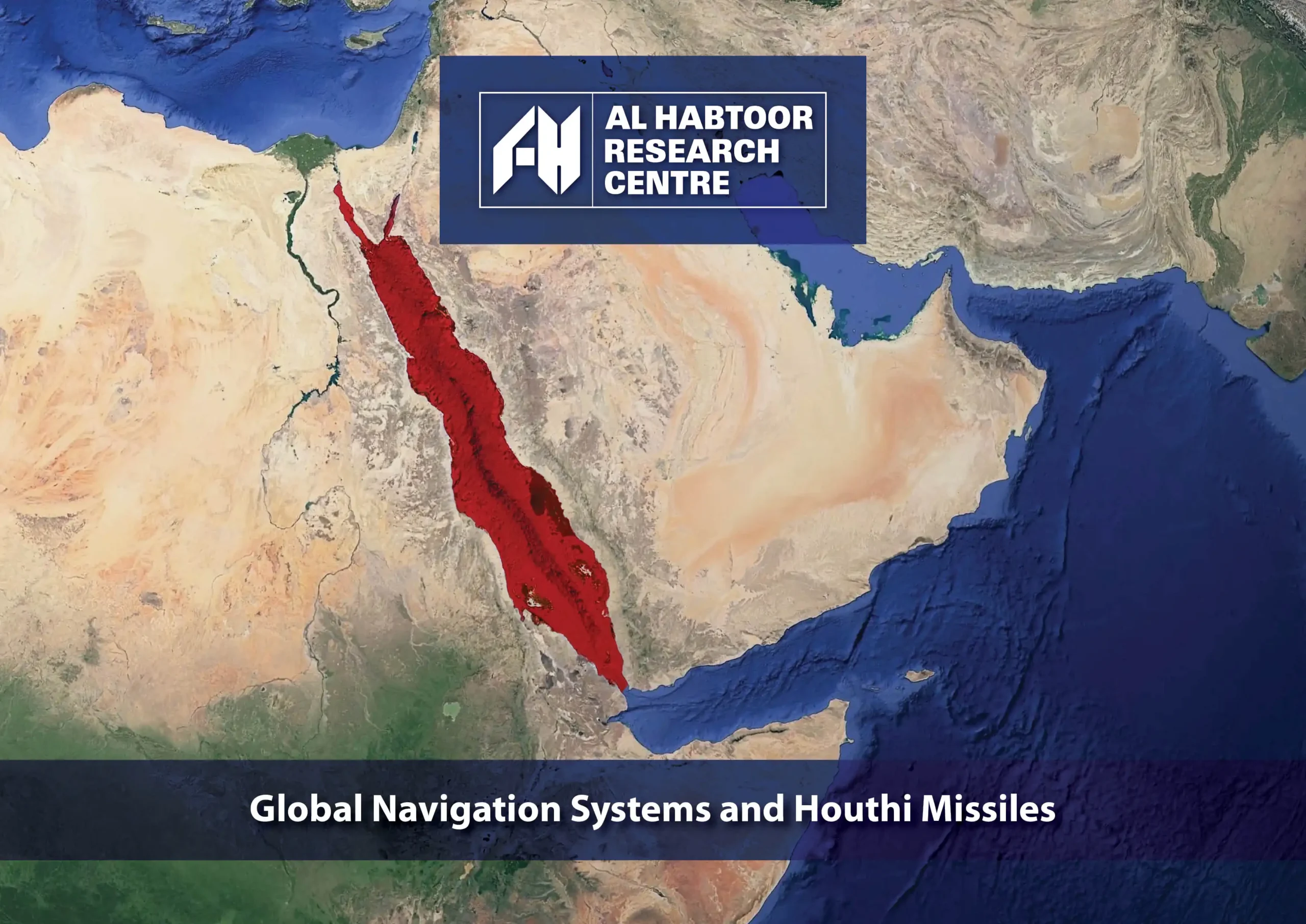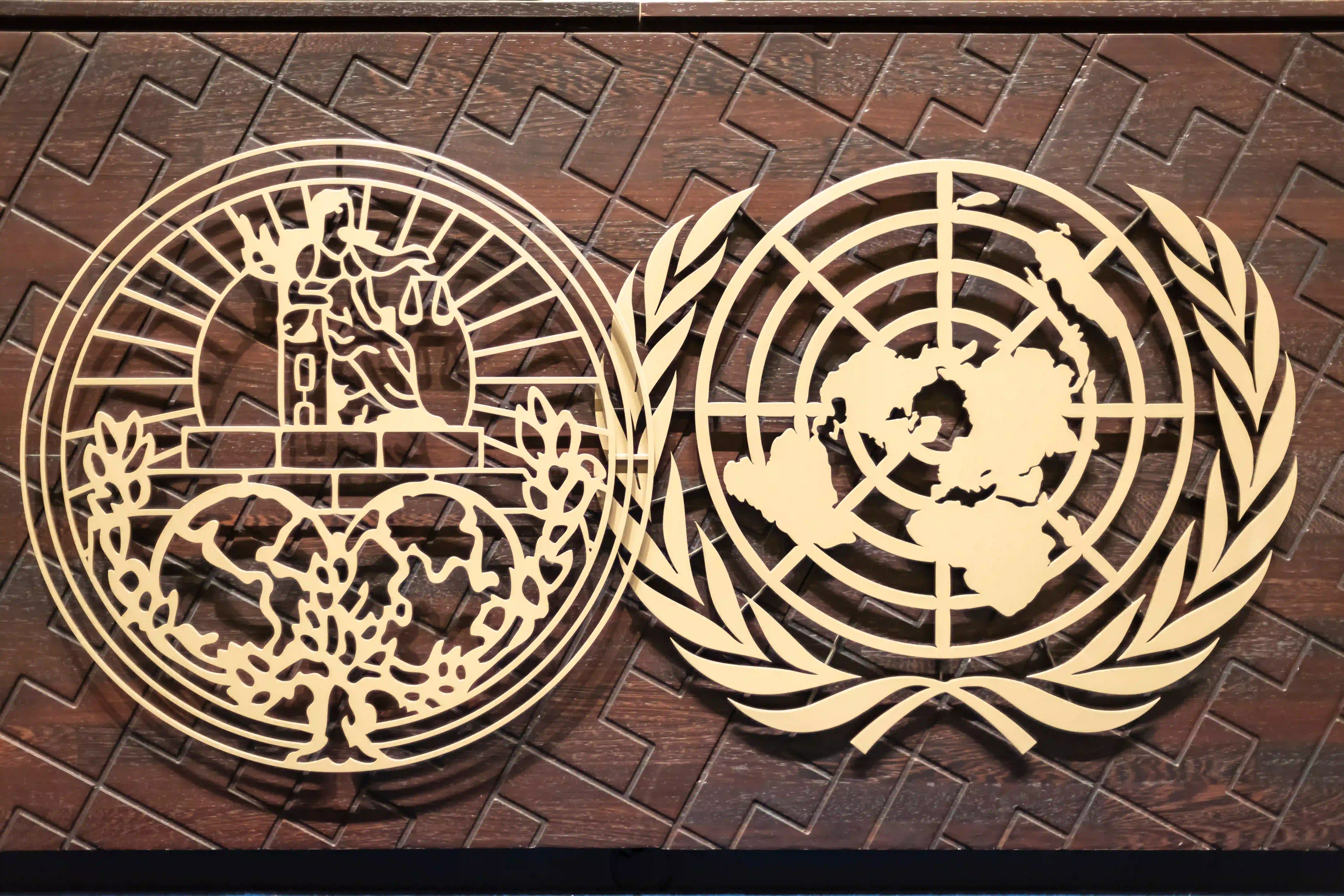On Sunday, Nov. 10, 2024, the Al Habtoor Research Centre hosted a pivotal panel discussion titled “A New U.S. President... A New Middle East”. The session delved into the anticipated effects of President Donald Trump’s return to office on the Middle East, a region undergoing significant transformation amid shifting global dynamics. Mr. Islam Ghoneim, CEO of the Al Habtoor Research Centre, opened the event, underscoring the critical need to examine the U.S. presidential election's repercussions on the Middle East, especially given the substantial shifts in international policies impacting the region. Dr. Azza Hashem, Research Director of the Al Habtoor Research Centre, introduced the esteemed speakers and outlined the themes of the panel discussion, which focused on the characteristics of U.S. policy in the Middle East and key perspectives on the future under Trump’s leadership.
Trump and US Policy in the Middle East: Isolation or Integration?
Mr. Ezzat Ibrahim, veteran journalist and Editor-in-Chief of Al-Ahram Weekly and Ahram Online, began his address by examining former President Trump’s distinctive approach to policy in the Middle East, characterised by a strategic blend of isolation and selective engagement. Mr. Ibrahim emphasised that Trump’s philosophy—driven by the “Make America Great Again” (MAGA) movement—represents a significant faction within the Republican Party. Now encompassing nearly two-thirds of the party’s members, this movement advocates for prioritising domestic stability and growth while maintaining a measured, cost-effective foreign presence.
Mr. Ibrahim elaborated on the influence of Trump’s inner circle, particularly the roles of Trump’s son-in-law Jared Kushner, which informed certain dimensions of his Middle East outlook. Trump’s stance has evolved from a preference for near-complete disengagement to a targeted approach, especially within the Gulf region and the Red Sea corridor. This strategic recalibration led to the Abraham Accords, which Mr. Ibrahim credited with reshaping regional alliances and marking a significant pivot in U.S. involvement in Middle Eastern diplomacy.
Conservative Projects and their Impact on US Strategy in the Middle East
Mr. Ibrahim further highlighted anticipated shifts in the U.S. policy toward the Middle East, driven by the influence of conservative think tanks such as The Heritage Foundation and The Marathon Initiative. These institutions are actively developing a political framework for the post-2025 period that emphasises crafting alliances with a keen sense of strategic benefit, ensuring they do not impose undue burdens on the United States. Seeking to bolster America’s capacity to counter regional threats, notably from Iran and North Korea, while strengthening internal defence and amplifying investments in military capabilities.
Mr. Ibrahim added that the project advocates for recalibrating U.S. military commitments, aiming to avoid overextension and instead focus on a foreign policy grounded in strategic deterrence. He further addressed the complex US-Israel relationship, noting the multi-faceted challenges faced by Israel on both internal and external fronts, including the pressures on Prime Minister Benjamin Netanyahu’s government to address ongoing issues in Gaza and the West Bank.
Israel and Trump’s Approach to Palestine
The panel discussion provided an in-depth examination of the tense dynamics between Trump and Israeli Prime Minister Benjamin Netanyahu, especially regarding Trump’s support for the Israeli right-wing agenda without a firm commitment to a two-state solution. Mr. Ezzat Ibrahim noted that during Trump’s previous administration, Israel operated with minimal constraints in its actions against Hamas. When Trump returns to office, it is expected that Israel would have significant operational latitude in both the West Bank and Gaza.
Participants also discussed the potential ramifications of this policy for regional stability, particularly regarding displacement. Trump and Netanyahu’s approaches may exert additional pressure on neighbouring states, such as Egypt and Jordan, which could be impacted by waves of displacement from heightened regional tensions.
The speakers explored the prospect of Trump endorsing the complete annexation of the West Bank, a move that could trigger a significant wave of displacement and evictions. Palestinians may be pressured to consider Jordan as an alternative destination if such policies unfold. Dr. Paul Salem, Vice President of International Engagement at the Middle East Institute in Washington, observed that the prevailing conditions might discourage any political solutions, potentially leading instead to policies aimed at solidifying the status quo.
Potential Escalation with Iran and Economic Implications
The panel discussion also examined potential policy shifts toward Iran should Trump secure a victory. Participants suggested that Trump may prioritise lowering fuel costs for American consumers, which could deter him from engaging in uncalculated escalations with Iran. Dr. Salem elaborated that Trump will likely seek a balance between the “maximum pressure” strategy and a pragmatic approach to avoid disrupting the U.S. energy market, implying an inclination toward economic sanctions over direct military engagement.
The Future of Alliances in the Middle East: The Vision of an “Arab NATO”
Dr. Salem discussed creating a U.S.-backed regional alliance, often called an “Arab NATO,” where regional countries would assume a more significant role in collective security. He highlighted that while the United States may support such an initiative, actualising it faces considerable hurdles, notably the reluctance of Gulf Cooperation Council countries to share intelligence fully. The U.S. is expected to maintain its commitment to regional stability through partnerships without direct intervention.
Dr. Salem emphasised that American public opinion generally opposes direct military involvement in the Middle East, which has steered U.S. policy toward bolstering defensive alliances dependent on regional actors. Such an alliance would ideally serve as a buffer against the influence of other global powers, such as Iran or China, filling any strategic void.
China’s Expanding Role in the Middle East
Dr. Salem noted that deepening economic ties between China and Middle Eastern nations might contribute to regional economic diversification. Nevertheless, he stressed that the United States is likely to remain the primary security ally for Arab states. He warned that Trump’s trade policies regarding China could exacerbate inflation within the U.S., possibly prompting him to adopt a more aggressive economic stance toward Beijing, though likely short of an outright confrontation.
The speakers agreed that China’s engagement in the region would remain economically focused, with investments in infrastructure and energy projects, while the U.S. would retain its predominant military presence.
The Future of Palestine and the “Deal of the Century”
The panel discussion explored the significant challenges hindering the two-state solution amid ongoing political shifts. Dr. Paul Salem noted that the “Deal of the Century,” proposed by a previous administration, encountered substantial obstacles due to Israel’s resistance to concessions and its focus on cementing its control over Palestinian territories. He highlighted that Trump, with a business-oriented mindset, may aim to strike strategic agreements with Gulf states but is unlikely to commit to long-term political solutions regarding the Palestinian issue. Egyptian veteran journalist and prominent media figure Mr. Abdul Latif El-Menawy added that the U.S. will continue to prioritise its interests in the Middle East without necessarily addressing regional issues from an ethical standpoint. He suggested that unwavering U.S. support for Israel will remain heavily influenced by pro-Israel lobbying groups.
The Arab Risks of Immigration and Mass Displacement
The discussion also addressed the significant challenges Arab countries face due to large-scale refugee inflows, particularly in Egypt, Jordan, and Lebanon. Participants examined how these displacements strain host nations’ economic and social fabric, stressing the urgent need for collaborative efforts across the region to address this growing issue. They emphasised the importance of establishing coordinated policies to prevent further destabilisation and alleviate the pressures associated with mass displacement.
The Future of US-Arab Relations Amid Global Transformations
The panel discussion wrapped up with an in-depth discussion on the evolving role of Arab nations within international relations. Dr. Paul highlighted that, compared to U.S. influence, Arab coordination remains limited. He emphasised the need for Arab states to diversify their alliances by fostering new partnerships with Russia, China, and Europe to establish a strategic balance that better serves their interests. Additionally, he pointed out that Arab countries should prioritise developing cooperative frameworks to address pressing security and political challenges across the region.
Conclusion and Recommendations
The session concluded with key recommendations underscoring the necessity for unified Arab cooperation and the pursuit of balanced relationships with global powers. The participants stressed that regional countries must proactively achieve stability and reduce their reliance on the United States, instead taking the initiative to build a more self-reliant and resilient geopolitical strategy.













Comments